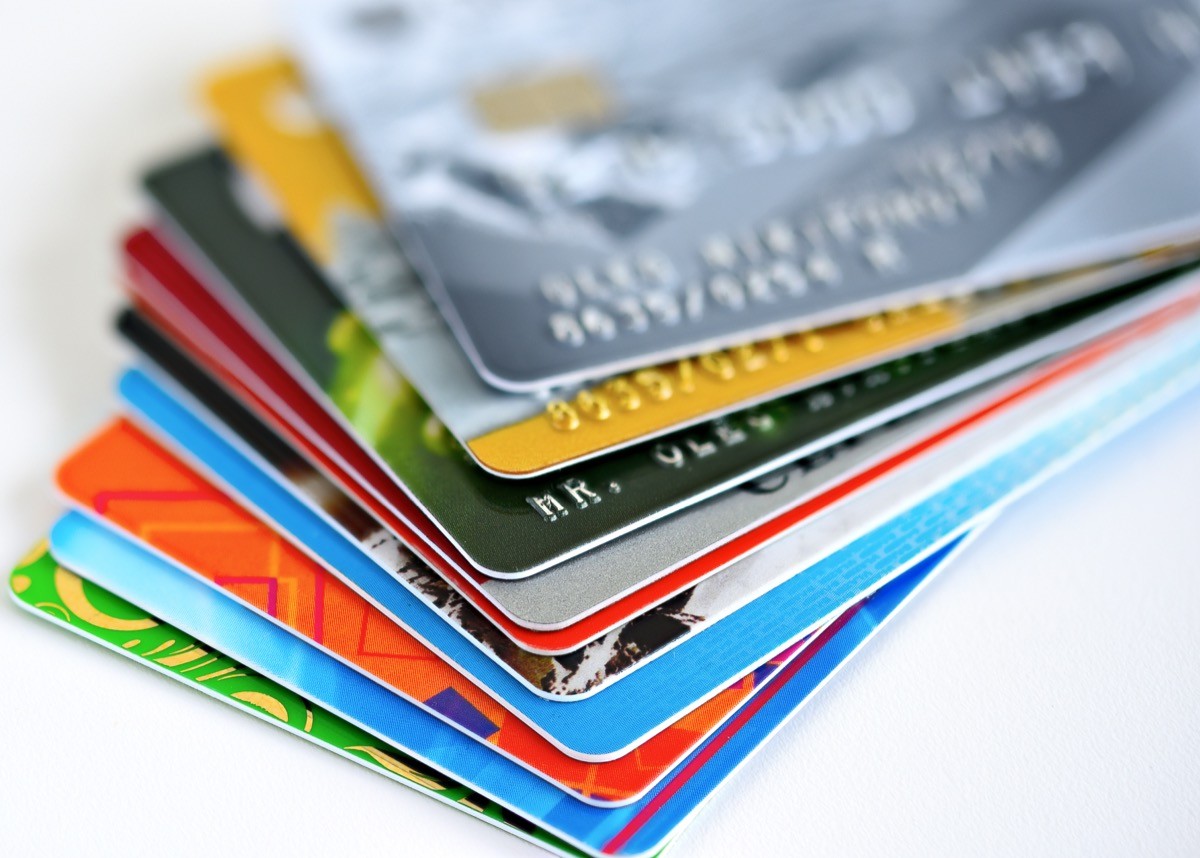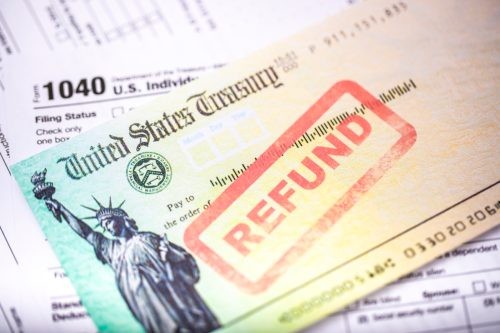9 Ways You’re Missing Out on Free Money

Are you making the most of your money, and making sure your money is doing the most for you? Unless you’re keeping a keen eye on your finances, you could be losing out on free money by not getting tax breaks, ignoring possible interest on income and savings, and other financial rewards and grants. All of these things add up—but with some simple changes you can get more money from the government, banks, employers, and more. Here are 9 ways you’re missing out on free money, and what to do about it.
RELATED: Always Use Cash for These 10 Purchases, Financial Experts Say.
1
Not Getting Your Employer Match on 401(k)

If your company offers 401(k) matching, take it. “There’s usually a period of time that you have to be employed before you opt in. The problem is that nobody reminds you to opt in,” Scott Plaskett, a certified financial advisor and CEO of Ironshield Financial Planning, tells Financial Post. “Or maybe they’ve opted-in but they never took a look at the investments and their money is just sitting in cash.”
2
Keeping Money In Zero-Interest Checking Account

By letting your money sit in a low or no-interest checking account you are literally turning away from free money. “The average customer sticks with the same checking or savings account for about 17 years,” Ted Rossman, senior industry analyst at Bankrate, tells CBS MoneyWatch. “You don’t want to make the mistake of leaving too much money in there, because it’s essentially dead money. It’s very rare to earn interest on a checking account.”
3
Not Using a High-Yield Savings Account

By putting money in a high-yield account, you’re making money without doing a thing. “When I bring up high-yield accounts to clients, most people have done nothing with their cash. Most of them keep it in a traditional bank account. But it is a good idea in this environment,” Jaime Eckels, a wealth manager at Plante Moran Financial Advisors, tells CBS MoneyWatch. “There’s not a whole lot of downside to using them, so it makes sense if you’re going to get 10 times what you’ll receive from a traditional savings account.”
4
Not Taking Advantage of Government Retirement Help

Find out if you’re eligible for government grants. “Low-income seniors are entitled to receive the Guaranteed Income Supplement if their income falls below approximately $18,000,” certified financial planner Lise Andreana tells Financial Post. “People don’t know they’re entitled to it and don’t apply for it.”
RELATED: Never Use Your Credit Card for These 6 Purchases, According to Financial Experts
5
Not Paying Off High-Interest Debt

If you have a high balance on your credit card and are paying interest each month, you’re likely paying over 20% APR. Paying off this debt faster means getting free money in the high interest you will no longer have to pay.
6
Not Applying For College Scholarships

Scholarships are literally free money for college. “Scholarships are given away for so many reasons beyond just academic achievement and sports,” says Kristina Ellis, who won $500,000 worth of scholarships and is the author of ‘Confessions of a Scholarship Winner.’ “For example, there are scholarships for having awesome bagpiping skills, having the best zombie-apocalypse escape plan and having the most creative duct tape prom dress. Whatever you’re interested in or passionate about might qualify you.”
7
Not Claiming Tax Refund

Do you have tax refunds just sitting there unclaimed? According to Go Banking Rates, the IRS had $1.5 billion in unclaimed refunds from an estimated 1.5 million taxpayers who failed to file a federal tax return in 2018, as of March 2022. You might also be missing out if you did file but have the wrong address on file.
8
Not Redeeming Hotel and Airline Rewards

All those points on airlines and hotels add up and can save you hundreds if not thousands of dollars. “I’m a member of Southwest Airlines’ Rapid Rewards loyalty program,” Holly Johnson, creator of the site Club Thrifty, tells Go Banking Rates. “I fly about three times a year and typically earn enough points to score at least one free flight. Rapid Rewards — and other airline loyalty programs — also allow members to earn points when booking rental cars and hotel rooms with their partners and by making purchases from retail partners on their online shopping malls.”
RELATED: Never Use Autopay for These 6 Bills, According to Financial Experts
9
Not Using a Health Savings Account (HSA)

Using an HSA account allows money to grow tax-free. “I almost don’t think of them as health savings accounts, but profoundly tax-beneficial retirement accounts,” Andy Baxley, a Chicago-based certified financial planner at The Planning Center, tells CNBC. “I think [people] often don’t realize just how broad the list of things you can be reimbursed for is.”